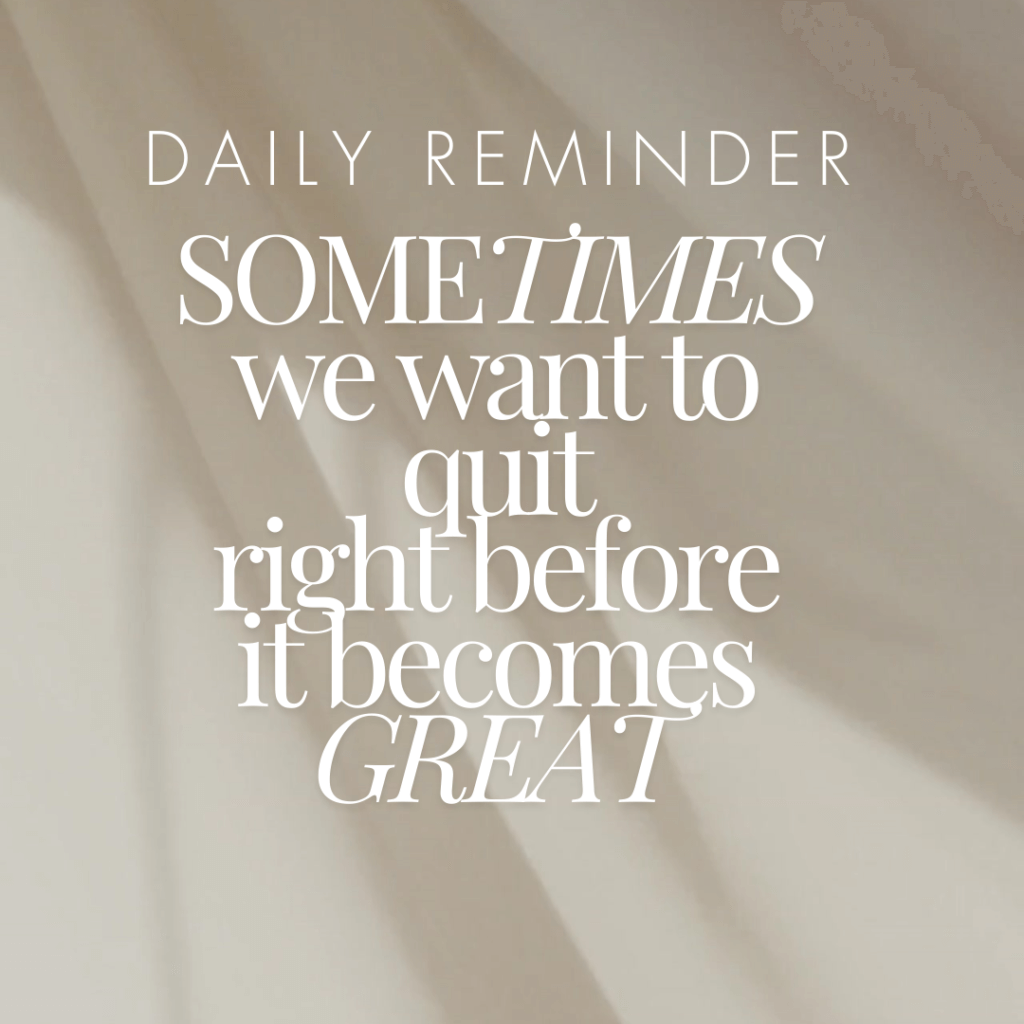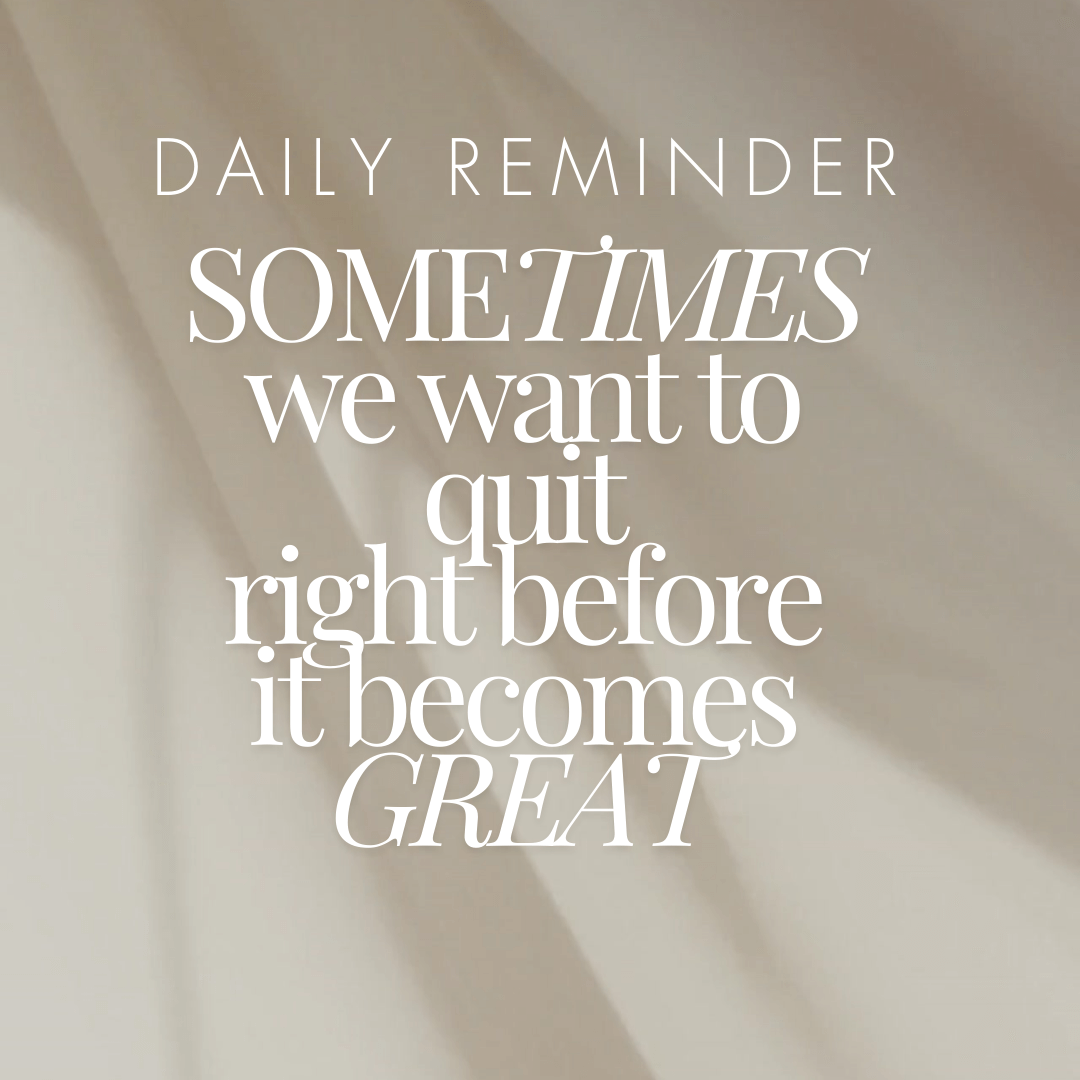
Job Hunting: Why Finding a Job Can Be Just as Challenging and Like a FULL TIME JOB
Searching for a job can feel like a full-time job itself. From navigating endless job listings to crafting the perfect resume and cover letter, the job hunt requires dedication, persistence, and a significant amount of emotional resilience. It’s a journey filled with hope, frustration, and sometimes, unexpected detours. In many ways, finding a job can be just as challenging, if not more so, than actually having one.
1. The Emotional Roller Coaster 🎢
Job hunting is an emotional endeavor. Each application sent out represents a mix of hope and vulnerability, with your skills, experience, and aspirations laid bare for judgment. The anticipation of hearing back from potential employers can be both exhilarating and nerve-wracking. And the silence or rejection that often follows? It can be crushing. This emotional roller coaster can be as draining as dealing with a tough day at work, where you’re constantly navigating expectations and trying to prove your worth.
2. Time-Consuming Tasks ⏰
The process of finding a job is incredibly time-consuming. It involves hours of searching for openings, researching companies, tailoring resumes and cover letters, and filling out lengthy applications. Each of these tasks requires careful attention to detail, akin to the meticulous work required in many job roles. Additionally, networking — an essential part of modern job searching — demands even more time, whether it’s attending events, reaching out to contacts, or engaging on platforms like LinkedIn.
3. The Skills Gap Reality 📉
Many job seekers face the daunting reality of the skills gap. Employers often look for candidates who match a specific set of skills or experiences, and meeting these expectations can feel like an uphill battle. This gap can necessitate learning new skills, acquiring certifications, or even going back to school — a process that demands time, effort, and often money. All these activities add layers of complexity and stress to the job hunt, making it feel like a relentless job itself.
4. Constant Adaptation and Self-Improvement 🔄
Just as in a job, where employees must continuously adapt to new tasks, technologies, or methodologies, job seekers must also constantly evolve. The job market is ever-changing, and staying competitive means keeping up with the latest trends, updating skills, and continuously refining your approach. This continuous cycle of self-improvement can feel like you’re perpetually on the clock, working to stay ahead of the curve.
5. Managing Expectations and Rejections 🙅♂️
Handling rejection is a part of any job search. It requires resilience and a thick skin, much like facing challenging situations at work. The difference is that while a job provides a somewhat stable routine, the job search is fraught with uncertainty. Every rejection can feel like a setback, impacting confidence and motivation. Managing these expectations and emotions is a job in itself, requiring self-discipline, optimism, and a strategic mindset to keep moving forward.
6. Networking and Relationship Management 🤝
In the job search process, networking is crucial. Building and maintaining professional relationships takes effort, much like managing client or team relationships in a job. It involves regular communication, follow-ups, and sometimes stepping out of one’s comfort zone to make new connections. The effort to stay visible and relevant in your professional community is time-intensive and can be as demanding as maintaining any professional role.
7. The Unseen Costs 💸
Searching for a job also comes with its own set of costs. From transportation to networking events, purchasing professional attire for interviews, or even investing in courses to upskill, the expenses can add up. These hidden costs can be a significant burden, especially for those who are unemployed or underemployed, adding financial stress to the already demanding job search process.
8. The Importance of Self-Care and Balance 🧘♀️
Just as in any job, maintaining balance during the job search is essential. It’s easy to get caught up in the process and burn out from the constant pressure to find a job. Prioritizing self-care, taking breaks, and setting boundaries are crucial to maintaining mental health and well-being. Like a job, the search for employment requires time management, discipline, and a strategy to avoid feeling overwhelmed.
Conclusion: A Job Hunt Is a Job in Itself
Job hunting is undoubtedly a challenging process. It demands time, effort, and emotional strength — often without the immediate rewards or structure that a traditional job provides. However, this journey also offers valuable lessons in resilience, self-discovery, and perseverance. While it can be as tough as holding down a job, the skills and experiences gained during the search can prepare you for the next chapter in your career. Remember, each step brings you closer to finding the right opportunity, so keep going — your next great role is out there waiting for you. 🌟
